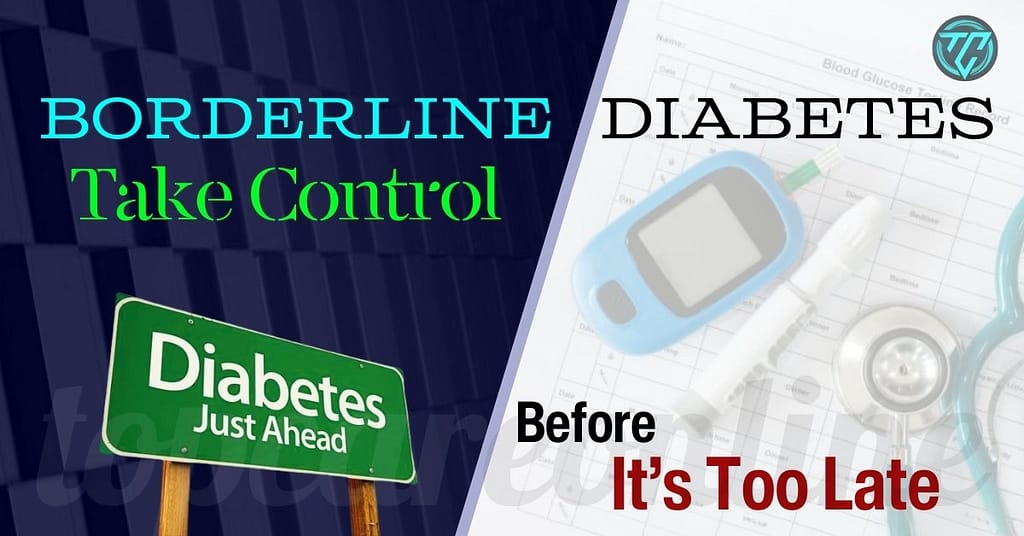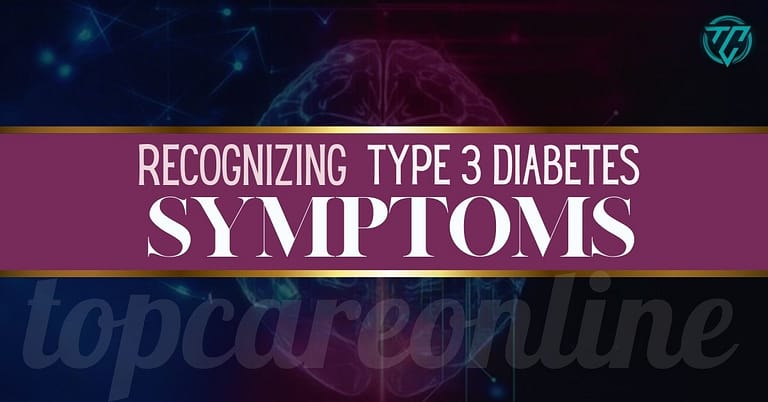Type 3 Diabetes | Common Symptoms | Managing Symptoms | Summary
What exactly is Type 3 Diabetes, and how does it differ from the more commonly known types of diabetes?
If you’ve ever wondered about the various forms of diabetes, from Type 1 to Type 2, or questioned how they affect your body, you’re in the right place. While we often hear about the classic symptoms of Diabetes Symptoms and the Causes of Diabetes Type 1, there’s another form gaining attention – Type 3 Diabetes. This lesser-known type has a unique link to brain health, and understanding it is crucial for your overall well-being.
What is Type 3 Diabetes
Type 3 diabetes is a term sometimes used to describe Alzheimer’s disease. While it is not an officially recognized medical condition, the term highlights the connection between diabetes and cognitive decline. Understanding the symptoms can help in early detection and management.
Is There a Type 3 Diabetes?
The term “type 3 diabetes” has been used in different contexts to refer to different conditions. The most common usage of the term “type 3 diabetes” refers to a proposed concept linking insulin resistance and insulin-like growth factor dysfunction with Alzheimer’s disease. Some research suggests that the brain cells of individuals with Alzheimer’s disease may have reduced ability to respond to insulin, leading to impaired brain function.
In this context, “type 3 diabetes” is not an officially recognized medical condition or diagnosis, but rather a concept that is still being studied and debated within the scientific community.
It’s important to note that “type 3 diabetes” is not widely accepted as a separate form of diabetes by medical organizations such as the American Diabetes Association or the World Health Organization. If you have concerns about blood sugar control, cognitive function, or any related health issues, it’s best to consult with a healthcare professional for personalized advice and guidance.
Common Type 3 Diabetes Symptoms
Recognizing Type 3 Diabetes Symptoms is crucial for timely intervention. Here are ten common symptoms:
- Memory loss that disrupts daily life
- Difficulty planning or solving problems
- Confusion with time or place
- Trouble understanding visual images and spatial relationships
- New problems with words in speaking or writing
- Misplacing things and losing the ability to retrace steps
- Decreased or poor judgment
- Withdrawal from work or social activities
- Changes in mood and personality
- Impaired cognitive function
- Vision Problems





Managing Type 3 Diabetes Symptoms
While there is no cure for type 3 diabetes, managing blood sugar levels, maintaining a healthy diet, and regular exercise can help mitigate symptoms. Consulting with healthcare professionals for a comprehensive care plan is essential.
Summary
Understanding and recognizing Type 3 Diabetes Symptoms can lead to early detection and better management of the condition. If you or a loved one shows signs of these symptoms, consult a healthcare provider for an accurate diagnosis and appropriate treatment plan.

